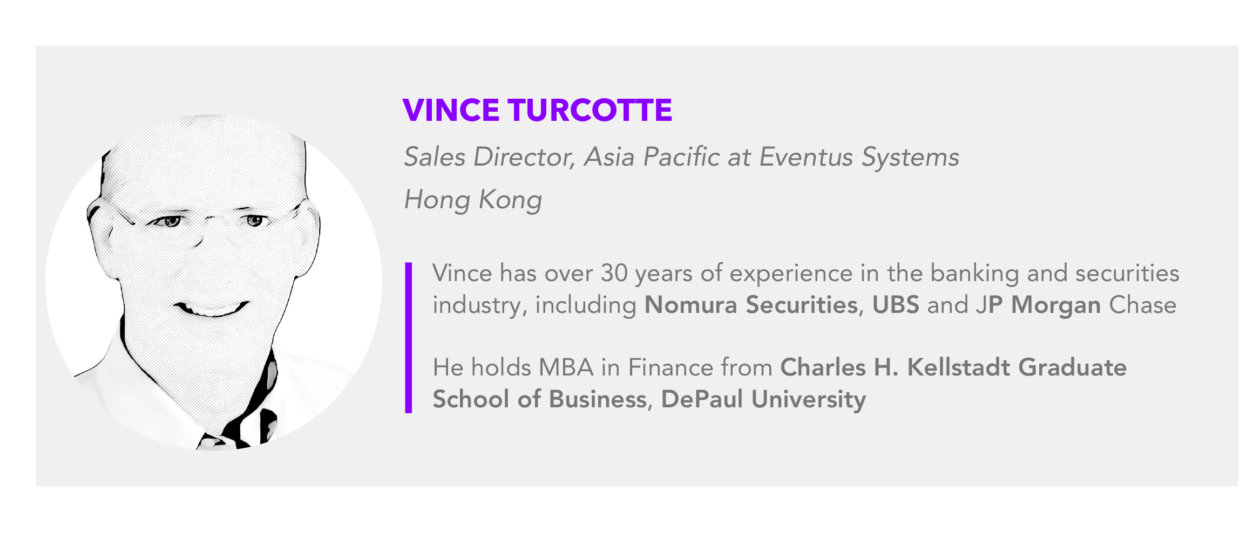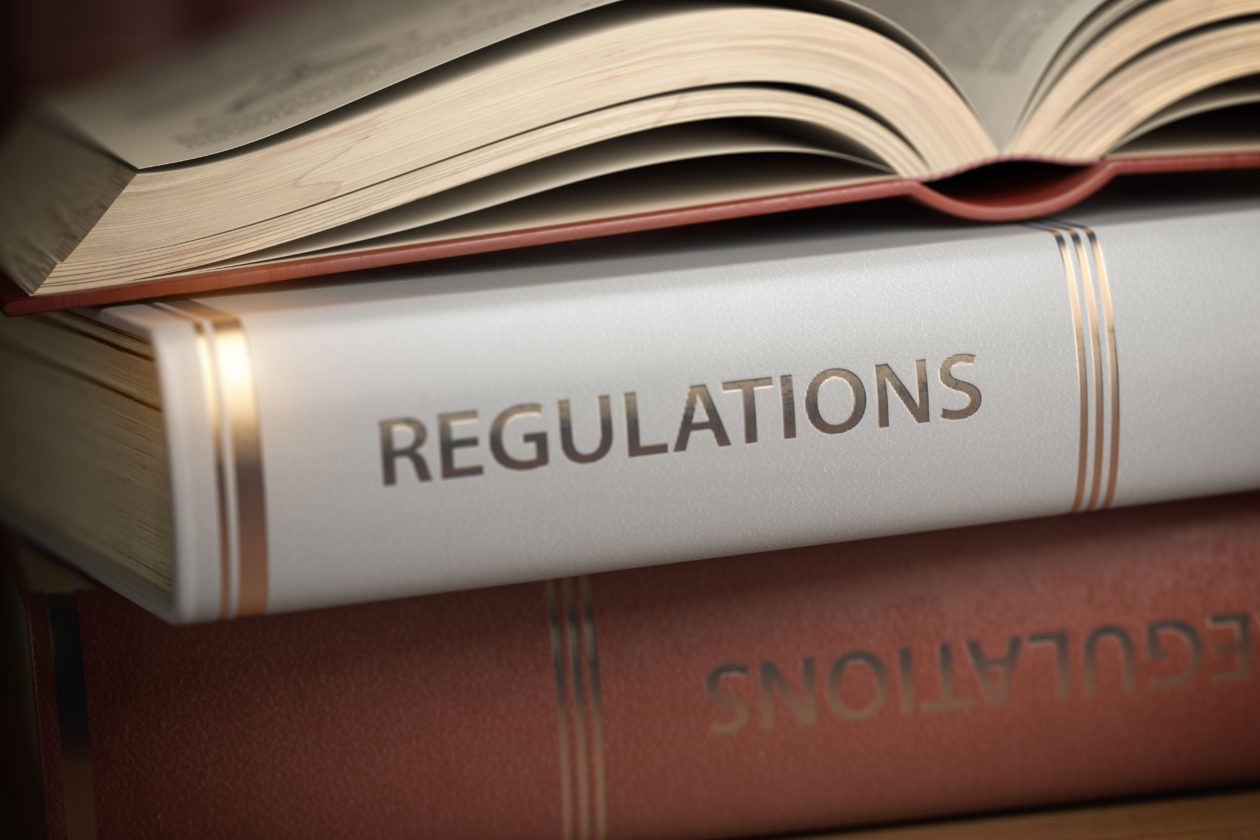Right now, Hong Kong has the clearest and most detailed requirements for licensing of VASPs of any jurisdiction in Asia. It begins with the Securities and Futures Ordinance, a foundational document for the Securities and Futures Commission (SFC). In 2019, the SFC issued a Position Paper on the “Regulation of virtual asset trading platforms.” This outlines an opt-in for exchanges wishing to obtain licensing for platforms trading at least one tokenized security.
The licensing framework for VASPs in Hong Kong is now in transition. This process began with the solicitation of views and subsequent recommendations issued by the Financial Services and the Treasury Bureau (FSTB), which framed the process around anti-money laundering (AML) and combating the financing of terrorism (CFT) measures. The market expects that a more comprehensive licensing regime for VASPs will be introduced in the upcoming fall session of the Legislative Council.

Before the FSTB consultation, the popular interpretation had been that only centralized online trading platforms that are based in Hong Kong and offer trading of at least one security token on their platform would be subject to licensing. Several players that do not list STOs had attempted to steer clear of the licensing requirement and remain effectively unregulated.
The consensus is that the new legislation is expected to sweep all virtual asset exchanges into the licensing regime. The FSTB recommendation for “any person seeking to operate a VA exchange in Hong Kong to apply for a license from the SFC as a licensed VASP under the AMLO (Anti-Money Laundering Ordinance),” should clear up any remaining ambiguity about what constitutes regulated activity in virtual assets in Hong Kong.
Two-track regime
Singapore has also taken a comprehensive approach in the early stages of regulating VASPs. The legislation governing most of its operators is the Payment Services Act, which defines rules governing activity in Digital Payment Tokens (DPTs). A number of firms have been allowed to operate under a grandfather clause while awaiting applications to be processed, which is now starting to happen.
The main distinction between the firms applying under PSA and those applying to be a “recognized market operator” (or “approved exchange”) is that the latter registration is required to support tokens designated as securities. A capital market services (CMS) license issued by the MAS under the Securities and Futures Act is required in these cases. Some VASPs have elected to apply under this regime, while others have elected to apply for two venues: one under PSA and the other under SFA’s CMS regime.
Market surveillance implications
Both financial centers make clear the need for robust surveillance processes to prevent manipulative and abusive trading activity.
In Hong Kong, this is explicit in the SFC’s 2019 Position Paper. The regulator has also made clear that, under its new regime, the independence and auditability of the system and changes to procedures are critical to building confidence — as is the ability to demonstrate clear surveillance procedures and escalation processes for alerts.
In Singapore, VASPs applying to be “recognized market operators” or “approved exchanges” can look to clear MAS precedents for surveillance standards. These include those outlined in their booklet on Capital Markets Enforcement , for example. Another clear illustration is provided in the 2019 joint MAS/SGX publication of a Trade Surveillance Practice Guide, which outlines standards for a robust trade surveillance program. All this guidance rolls up under the Securities and Futures Act, which requires exchanges to establish rules governing market conduct.
The requirements for surveillance for VASPs licensed under the PSA are somewhat less explicit. The AML/CFT guidelines provided under Section 6 of PSN02 Prevention of Money Laundering and Countering the Financing of Terrorism point to the importance of market surveillance, though they do not spell out the requirements. However, the recent pattern of enforcement by the MAS, as well as the clear guidance provided to applicants of organized exchanges under the SFA, mean that challenging the specificity of the PSA guidance as a rationale for not monitoring basic trading patterns within a VASP would seem risky at best from a regulatory point of view.
According to Chris Holland, law partner at the compliance firm Holland & Marie in Singapore: “If a license applicant did not conduct surveillance for purposes of market manipulation, the MAS may determine that the applicant is not a fit and proper person. Such a finding would be sufficient grounds for an applicant not to receive approval for a license.’”
Both on- and off-chain surveillance are relevant to the evolving regulatory landscape in Hong Kong and Singapore. That presents an ideal opportunity for VASPs to take a unified approach to on- and off-chain surveillance, as well as for third-party providers to discuss ways to work with them to deliver solutions that make it easier to monitor all activity for a given entity. While the future for digital asset exchange regulation is still taking shape in Hong Kong and Singapore, one thing is certain: a vigorous approach to trade surveillance and risk management is essential.




